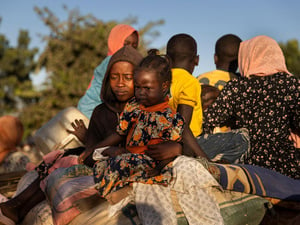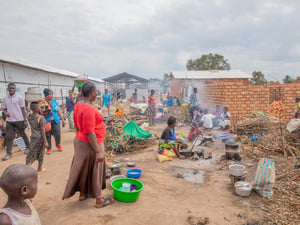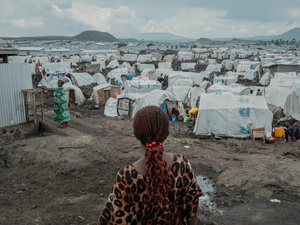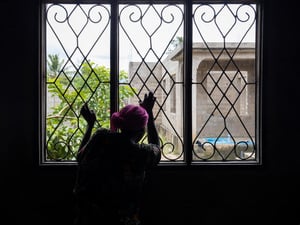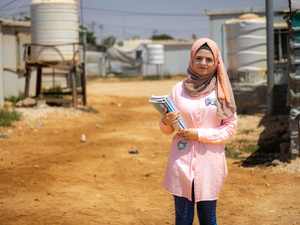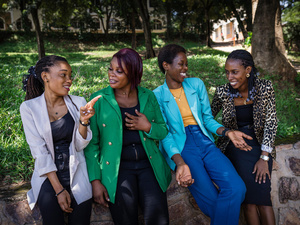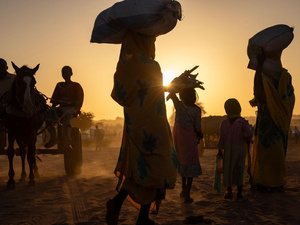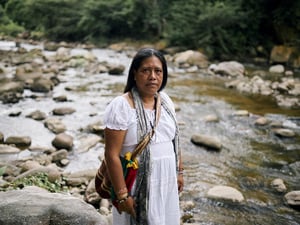UNHCR: Protecting LGBTIQ+ refugees fleeing from persecution and discrimination
UNHCR: Protecting LGBTIQ+ refugees fleeing from persecution and discrimination
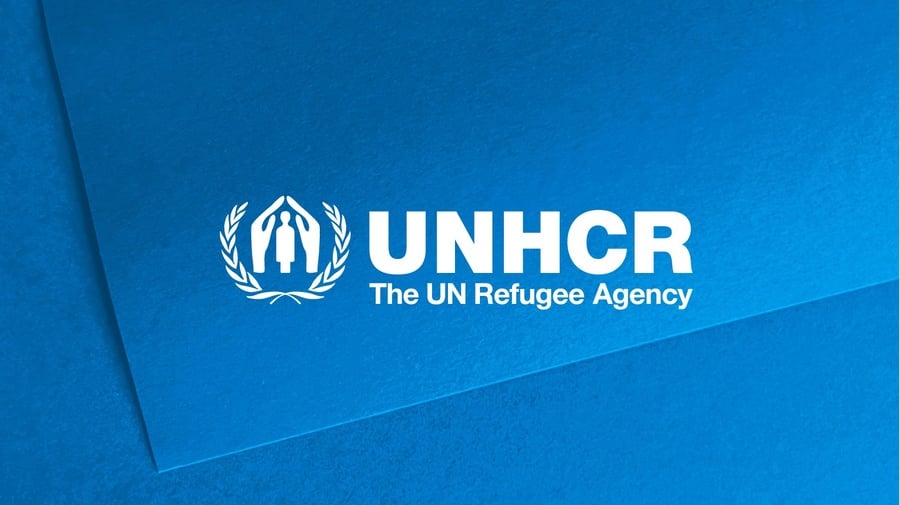
GENEVA – On this International Day Against Homophobia, Biphobia and Transphobia, UNHCR, the UN Refugee Agency, reaffirms its solidarity with all those who have been forced to flee their homes due to persecution, including many LGBTIQ+ people who suffer violence and discrimination.
Access to asylum and protection for those fleeing violence and persecution, in accordance with the 1951 Refugee Convention, is the cornerstone of international refugee law. However, for LGBTIQ+ people, crossing a border does not always mean that they are in a place of safety. Even in countries of asylum, they often remain at risk of violence, prejudice, marginalization and exploitation.
In many cases, they must also contend with barriers to fair asylum procedures, obstacles to services such as housing, health care and education, and restricted economic and social opportunities – all essential to living in safety and with dignity. As a result, instead of being able to trust in the safety of the country where they have sought asylum, some are forced to move on, even to countries in crisis, putting their lives at further risk.
UNHCR works with governments, partners, civil society groups and local communities to ensure that everyone has access to protection, assistance and services. We identify lasting solutions for LGBTIQ+ people who have been forced to flee, so that they are better protected, treated with humanity and respect. This includes working with staff and partners on addressing specific risks, and ensuring that all LGBTIQ+ people can ask for and find support without fear of discrimination.
People forced to flee – including LGBTIQ+ people – can and do make positive contributions to the social and economic life of the communities that host them. UNHCR recognizes and supports the critical role of community-based organizations, particularly those led by refugees, in creating an environment where all are welcomed and respected.
However, the global impact of cuts to humanitarian funding now threatens our capacity to ensure the safety and well-being of those threatened by violence and persecution, including LGBTIQ+ people. The services and support we can provide have saved countless lives, and it is essential we and our partners are able to continue this work.

